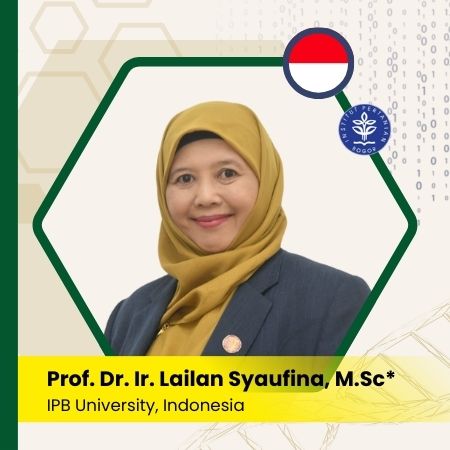The impact of land application of palm oil mill effluents on some soil chemical characteristicts in The District of Karang Tinggi, Bengkulu Tengah Regency, Province of Bengkulu
Abstract
Palm oil mill effluents (POME) are envisaged as fertilizer alternatives in the plantation of palm oil. The aim of this research was to estimate the impact of land applications of POME on some soil chemical characteristics in The District Karang Tinggi, Bengkulu Tegah Regency, Province of Bengkulu. The implementation of Land applications of POME was carry out by flowing it’s from palm oil mill effluent ponds on the ditches of palm oil plantation land. Soil samples was collectected from the soil with land applications, soil between land applications, and soil without land applications. The result showed that land applications of POME contributed to the increasing soil acidity (pH), K, Ca, Mg, KTK, and base saturation in the soil, with the value tend to decline in soil depth. The land applications of POME also contributed to the increasing phosphor and oil/fat in the topsoil. Although still in the range of tolerable content, land application of POME potentially contributed to the increasing micro/toxic elements, Pb, Cu, Zn, and Cd. As an alternative fertilizer, land application of POME also potentially harmed the environment. Therefore, the land application of POME should be strict to the regulation of land application of POME in the plantation land






























